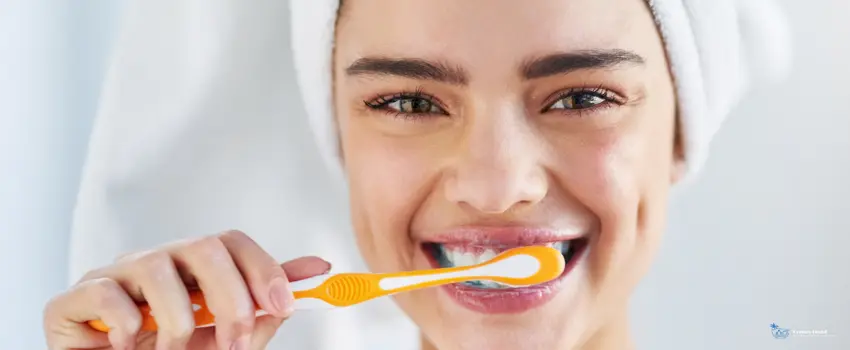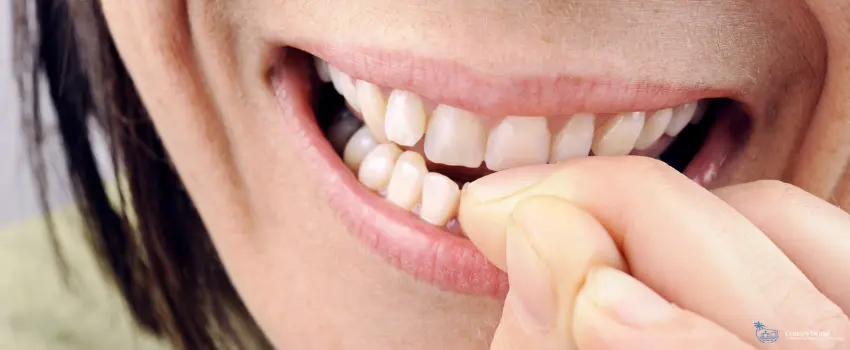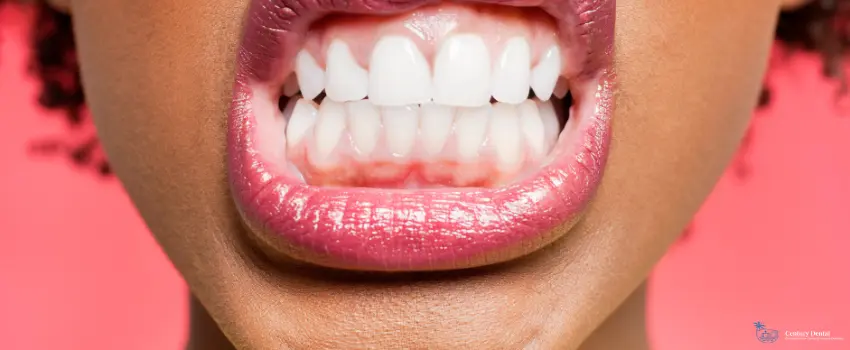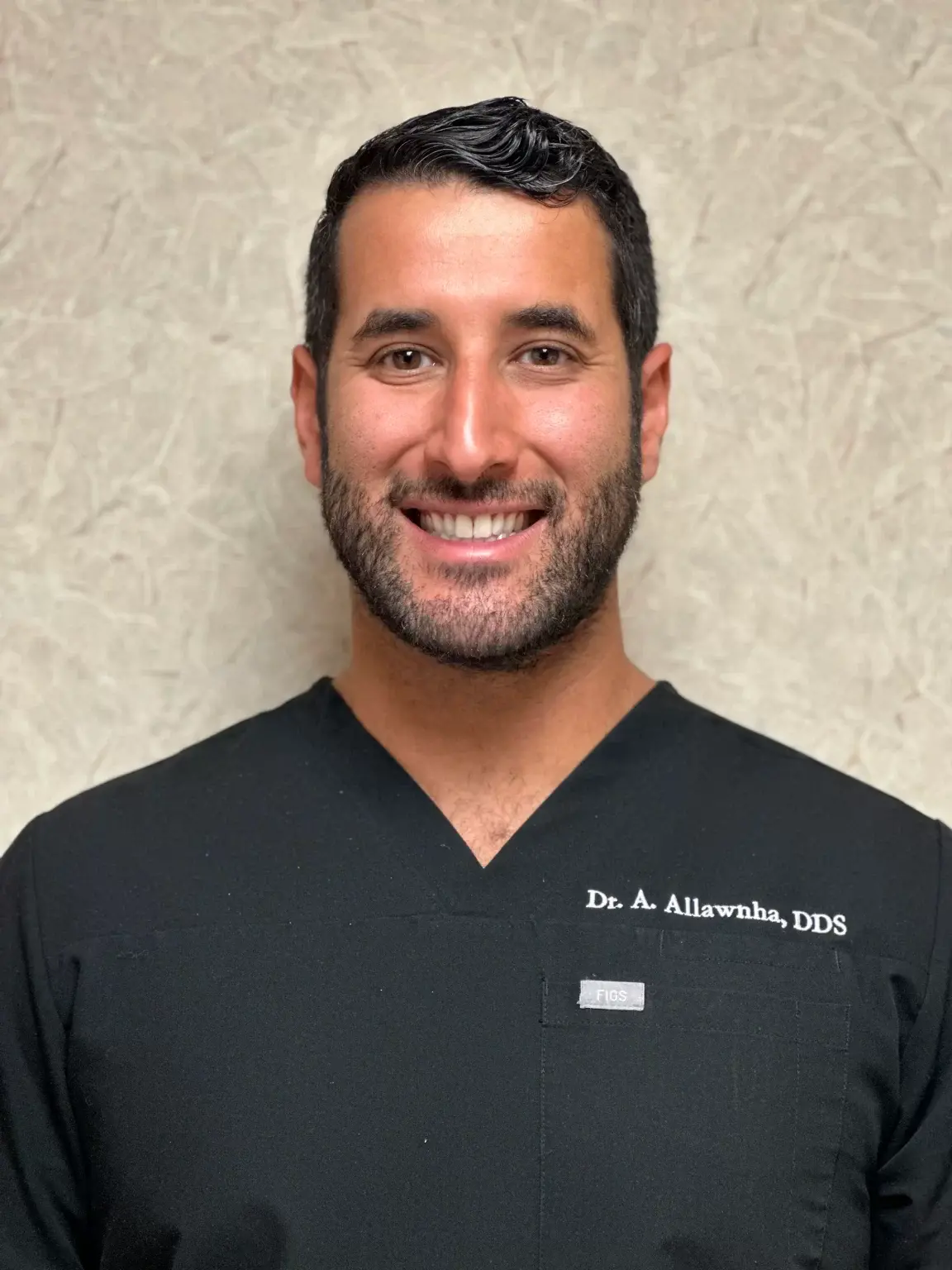It’s human nature to develop routines and habits that affect our quality of life and overall health. While there are good habits, some are unhealthy, which may cause long-term difficulties in our well-being and relationships with others. This also applies to physical health, like oral hygiene, with most bad dental habits forming early.
Since infancy, humans have developed thumb-sucking, nail-biting, and neglecting to brush their teeth regularly—which may lead to tooth decay, tooth loss, and gum diseases later.
Breaking and replacing these bad habits with good ones is crucial to achieving a healthy mouth. However, change takes a lot of willpower, understanding, and commitment. Significant changes don’t happen overnight, but you can start small by adjusting your habits. In this blog, we’ll guide you through the bad habits you must stop so you’ll have a great start on your journey to a healthy smile.
Importance of Oral Health
When it comes to improving your overall health, it’s best to remember the importance of dental hygiene. Your oral health is considered as the window to your overall health, because your mouth serves as the entry point to your digestive and respiratory system. If you develop bad oral hygiene, you’ll be more prone to various diseases and health conditions, including:
- Endocarditis
- Cardiovascular diseases
- Pneumonia
- Tooth Decay
- Gum Diseases
- Oral Cancer
- Periodontitis
- Halitosis
The good news is that these conditions are easily preventable if you break bad habits that increase your risks of getting these health risks, which brings us to…
10 Bad Oral Habits To Avoid
Avoiding bad oral hygiene practices is a big part of improving your overall dental hygiene. It can be challenging to stop doing these immediately, but it will come easy in time with the proper discipline and constantly remembering the importance of oral health.
Here are 10 bad dental habits you must avoid if you want to achieve a healthy mouth:
1. Nail Biting
Nail-biting is a behavioral habit that people often use to soothe themselves when anxious or nervous. Unfortunately, compulsive nail-biting causes health risks. For one, it causes chips on your teeth and pressure on your jaws. It could also spread bacteria and organisms from your nails into your mouth, causing sickness.
2. Intense Brushing
Most people aggressively brush their teeth because they think they’re cleaning them well. However, this does the opposite; you’re damaging your teeth rather than cleaning them. Brushing too hard irritates the gums and mucosal lining of your mouth, which makes them recede. It could also destroy the enamel, making your teeth more sensitive. It’s best to avoid toothbrushes with sharp bristles and be gentle with your strokes.
3. Chewing Ice
Avoid munching on ice if you frequently drink cold beverages with ice during hot weather. Chewing ice causes damage to the tooth enamel and chips your tooth.
4. Teeth Clenching and Grinding
People with bruxism tend to grind, gnash, or clench their teeth unconsciously when awake or asleep. This habit leads to jaw damage and could wear down the enamel, causing fractures in your teeth. Teeth with damaged enamel are more vulnerable to decay and joint and jaw pain.
5. Drinking Alcohol
It’s no secret that drinking alcohol causes many health risks to the body, and it’s no different regarding your dental health. Frequent heavy drinking leads to tooth loss and plaque buildup, which reduces saliva production—making your mouth dry.
6. Smoking
In general, smoking is bad for your overall health. Smokers are more prone to oral and lung cancers, bad breath, gum diseases, tooth decay, and discoloration.
7. Thumb Sucking
As mentioned earlier, thumb-sucking is a habit that most people have developed at an early age. Children aged 5 to 6 who continue to thumb suck might experience an alteration in their teeth growth and jaw structure.
8. Eating Sugary Food and Drinks
Frequent eating of sugary food or drinking soda increases your risk of getting cavities and plaque that damage your teeth and gums. Frequent snacking turns your mouth into an acidic environment where the acid weakens the enamel.
Saliva is released and acts as a neutralizer each time you eat. However, the time it takes for saliva to regenerate is slow; there might not be enough saliva when snacking too much. Teeth and enamel get damaged, and cavities start to develop.
9. Using Teeth as Tools
Using your teeth to open containers or cut things causes damage and cracks to your teeth. It could also lead to jaw injuries and damage to any previous dental work you’ve had.
10. Using Teeth to Hold Things
Using your teeth to hold things like pencils, toothpicks, and pens puts too much pressure on your teeth, increasing the risk of damage.
Key Takeaway
Humans are creatures of habits, and these habits are not always productive or healthy. In some instances, the things you usually do might cause health risks. The best action is to stop making these bad habits to achieve a healthy mouth. Unfortunately, it takes work to break these habits.
Knowing the importance of oral health is crucial if you want to make positive changes in your dental hygiene habits. Along with breaking these bad habits, it’s essential to have frequent dentist appointments and checkup to take better care of your teeth.
Let Century Dental help you build better dental hygiene habits.
If you need help building a better dental care routine or seeking guidance from a professional dentist in South Pasadena, FL, schedule an appointment with Century Dental. We provide comprehensive dental services for you and your family. Call us today to set an appointment with us!








